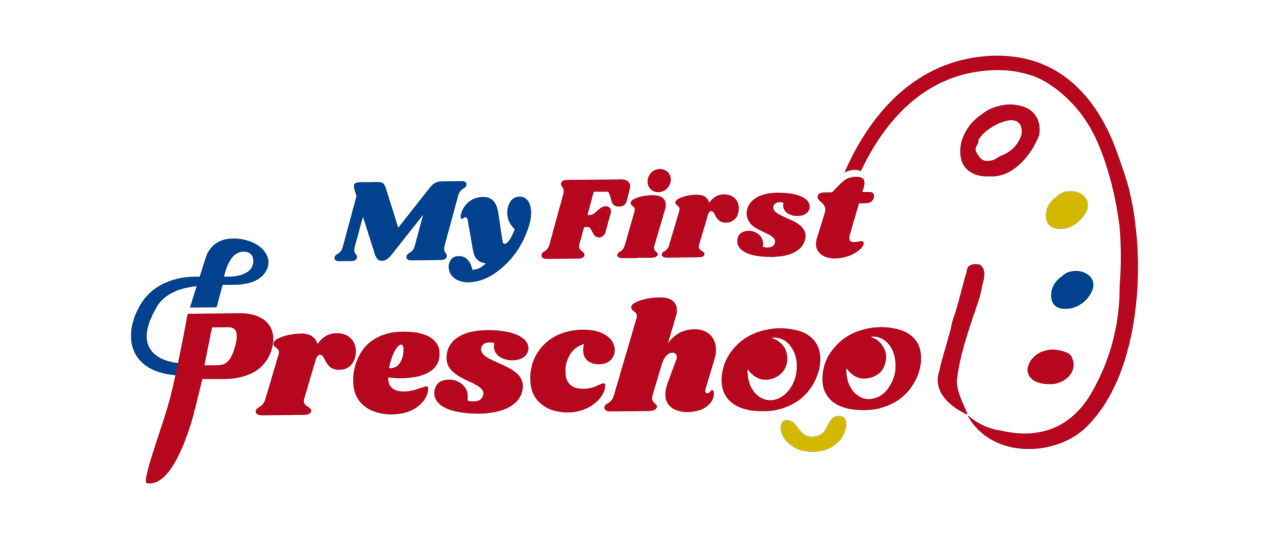Frequently Asked Questions
What should I do if my child cries at drop-off?
It’s developmentally normal for children to cry when separating from parents—this shows secure attachment. According to attachment theory, children with strong bonds may show initial anxiety but adjust well once they feel safe in the new environment.
At MyFirst Preschool, our team follows consistent, responsive strategies:
• We greet children warmly and acknowledge their feelings without rushing them.
• Teachers gently invite children into play, encouraging connection with familiar peers or comforting materials.
• We build a predictable morning routine so children know what to expect.
How you can help as a parent:
• Talk positively about school and the teacher before drop-off.
• Keep goodbyes short but loving. Prolonged goodbyes often increase distress.
• Trust the teachers—children often stop crying within minutes after separation.
Reference: Bowlby’s Attachment Theory; ERO guidance on transitions
What age is appropriate for starting preschool?
Most children are ready for preschool between ages 2 and 3. According to early childhood research, this is when toddlers begin to develop key capabilities like:
• Parallel and cooperative play
• Language bursts and basic communication
• Understanding routines and boundaries
• Emotional regulation with support
Children who start preschool around this age benefit from exposure to:
• A language-rich environment
• Peer modeling and social learning
• Independent self-help skills (e.g., toileting, eating)
That said, readiness is individual. Some children may thrive earlier or later. It’s important to observe your child’s temperament, interest in others, and ability to separate for short periods.
Reference: Te Whāriki (NZ ECE Curriculum), Zero to Three
How can I help my child transition smoothly into preschool?
A smooth transition reduces stress and builds long-term positive attitudes toward learning. Research shows children benefit from gradual and supported transitions.
At home, you can:
• Visit the centre beforehand and show excitement (children pick up on your emotions).
• Read books about going to preschool together.
• Involve your child in preparing their backpack or choosing a comfort item.
• Keep the morning routine calm and predictable.
On the first few days:
• Arrive on time (rushing increases anxiety).
• Stay confident and give a clear, brief goodbye: “I’ll come back after your lunch!”
• Expect mixed emotions—it’s part of the process.
Reference: Ministry of Education NZ, Harvard Center on the Developing Child
How can I adjust my child’s sleep routine before starting preschool?
Children aged 2–5 typically need 10–13 hours of sleep in a 24-hour period. Poor sleep can lead to emotional dysregulation and make transitions harder.
Start 1–2 weeks before preschool:
• Gradually shift bedtime and wake time by 15 minutes every few days.
• Establish a calming bedtime routine: bath, books, quiet time.
• Avoid screens at least 1 hour before bed—blue light delays melatonin.
• Wake your child at the same time each day to help regulate their body clock.
If possible, adjust nap times to align with the preschool schedule. Well-rested children are more emotionally resilient and able to participate fully.
Reference: American Academy of Pediatrics; NZ Sleep Foundation
